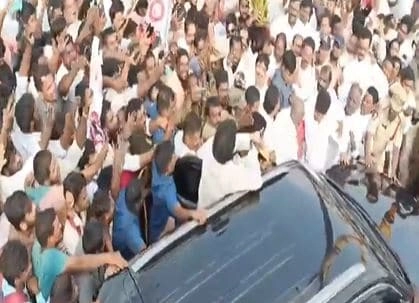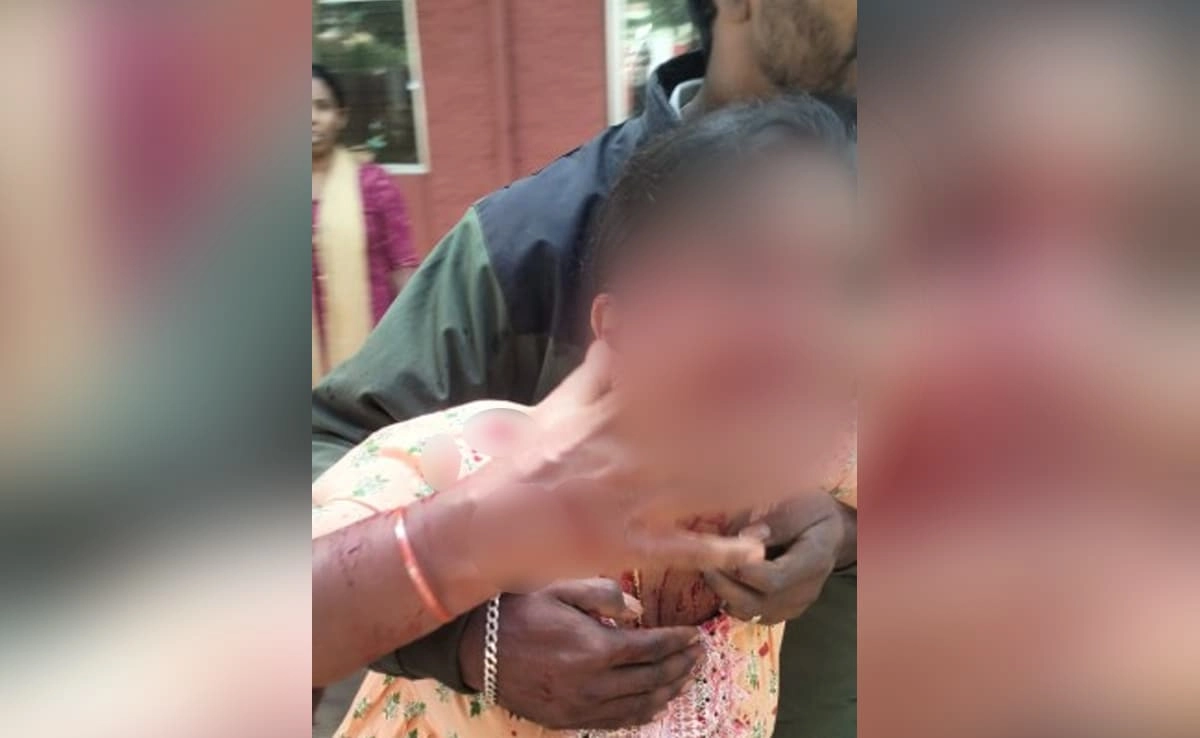A group of students recently made headlines when they claimed that they missed their exam due to a convoy led by prominent actor and politician Pawan Kalyan. The students argued that the traffic disruptions caused by the convoy’s movement prevented them from reaching their examination center on time. This incident highlights the ongoing tension between public figures and the everyday lives of citizens, especially in situations where large gatherings or processions can significantly impact local traffic and accessibility.
However, local police officials have dismissed the students’ claims, asserting that there were no major traffic obstructions caused by Pawan Kalyan’s convoy at the time in question. According to the police, the convoy was well-coordinated, and steps were taken to minimize disruptions in the area. They emphasized that students should have accounted for potential delays, particularly on a day when many people might be traveling for various reasons, including exams.
The controversy raises important questions about the responsibilities of public figures and the impact of their movements on the daily lives of ordinary citizens. While Pawan Kalyan’s convoy may have been a routine part of his political activities, it inadvertently became a focal point of frustration for these students. This incident serves as a reminder of the delicate balance between political engagement and the need for public order, particularly in contexts where large groups of people gather.
Moreover, the situation sheds light on the broader implications for students who rely on timely transportation for educational commitments. Missed exams can have significant repercussions on students’ academic progress, and such claims deserve careful consideration. As the debate continues, it becomes crucial for both public figures and law enforcement to engage in dialogue that prioritizes the needs and rights of citizens while maintaining the freedom of political expression.




